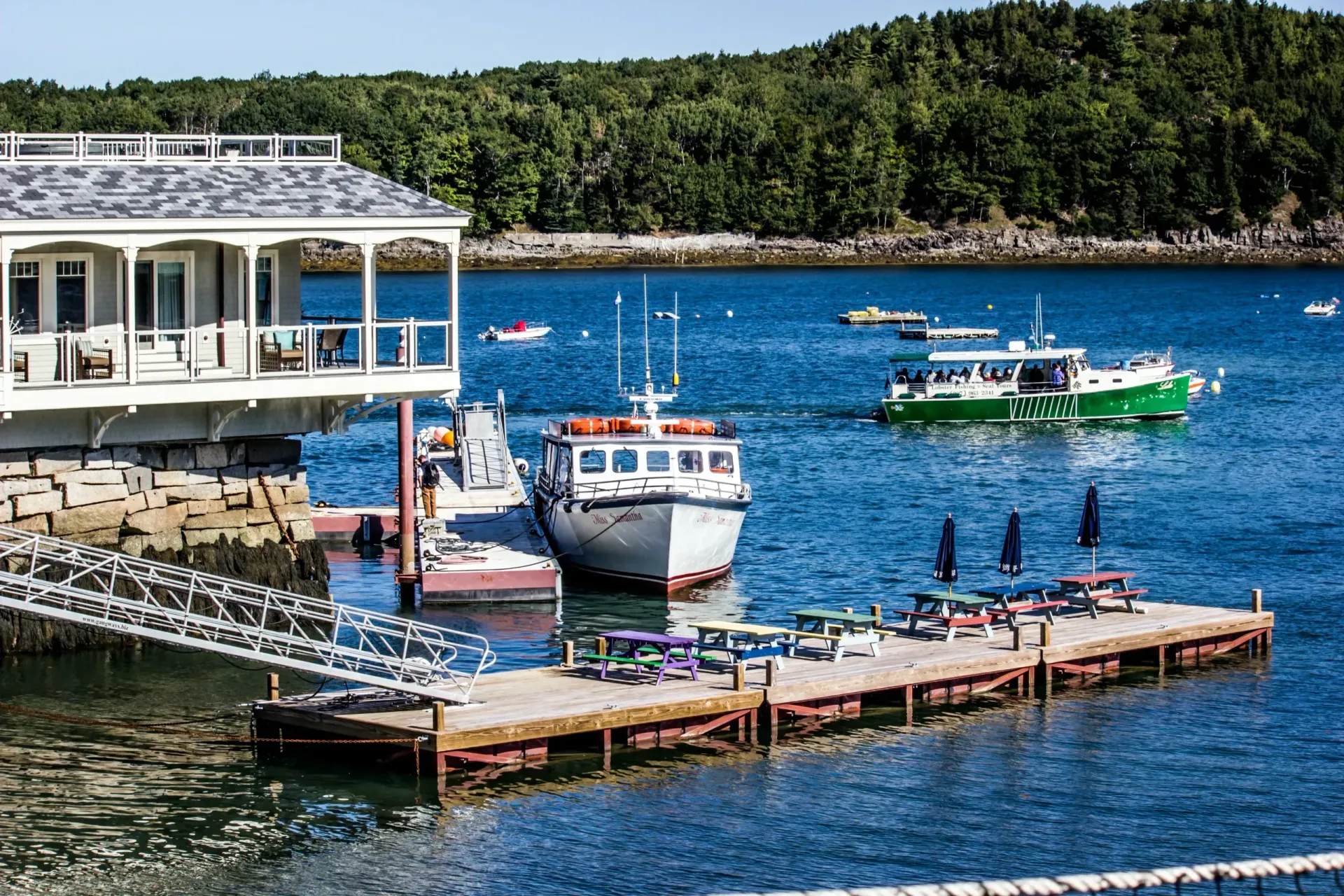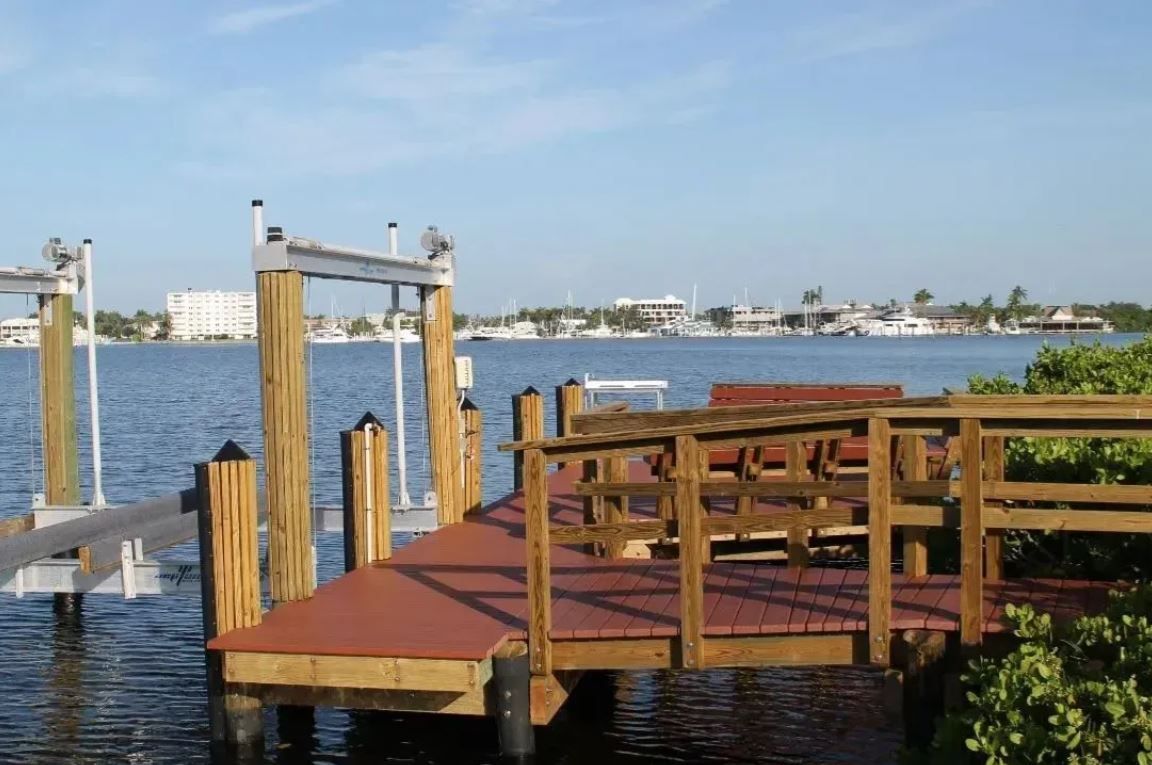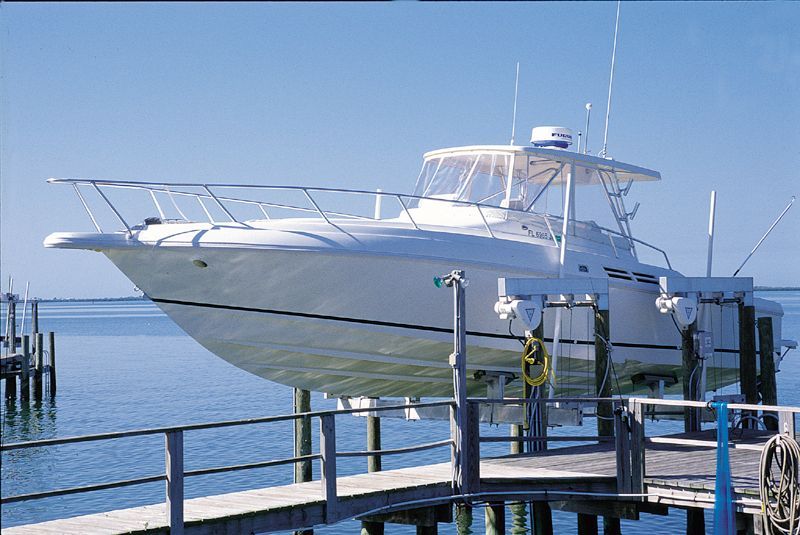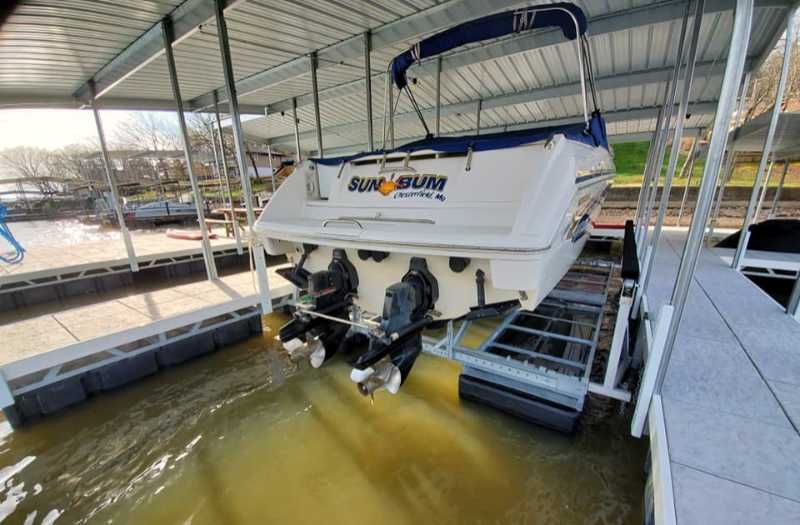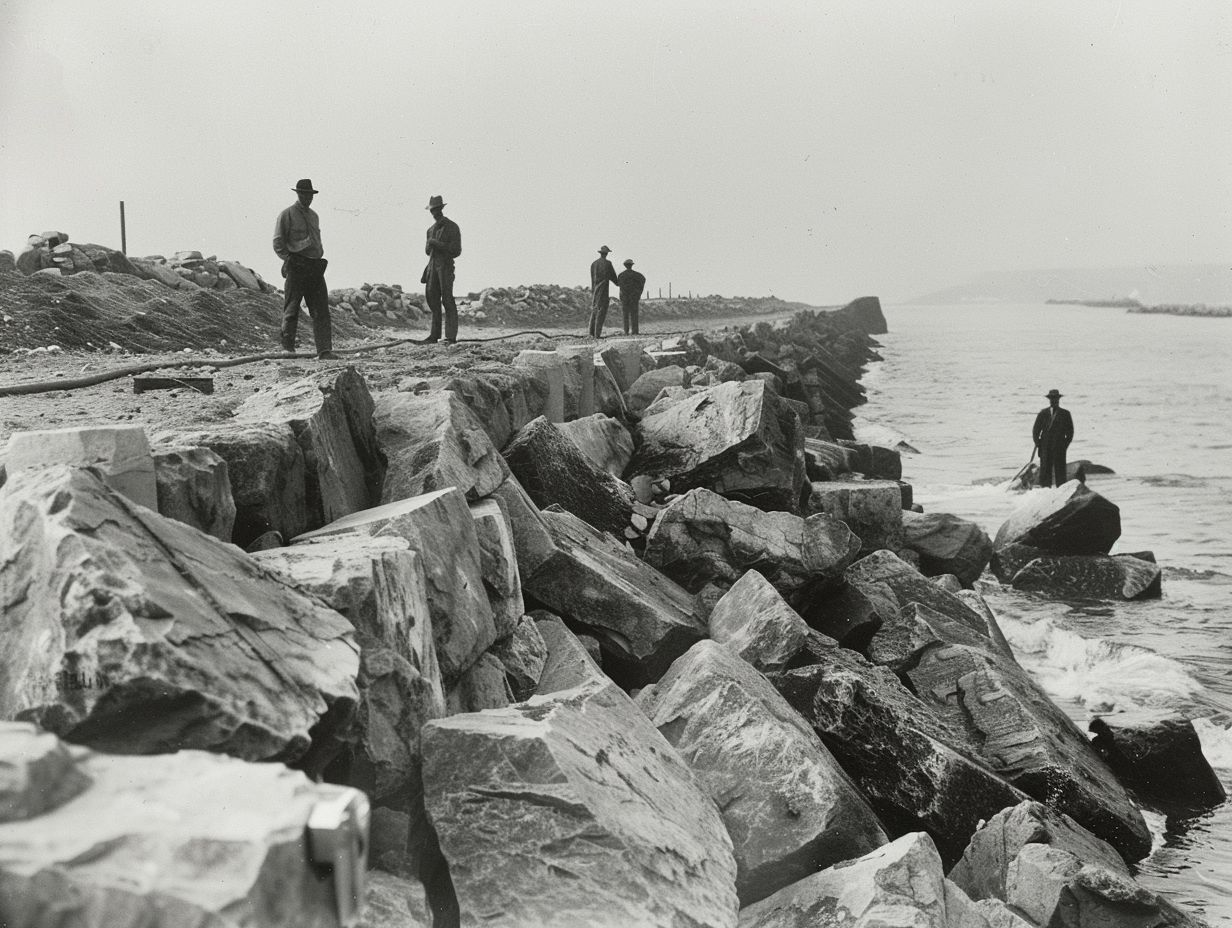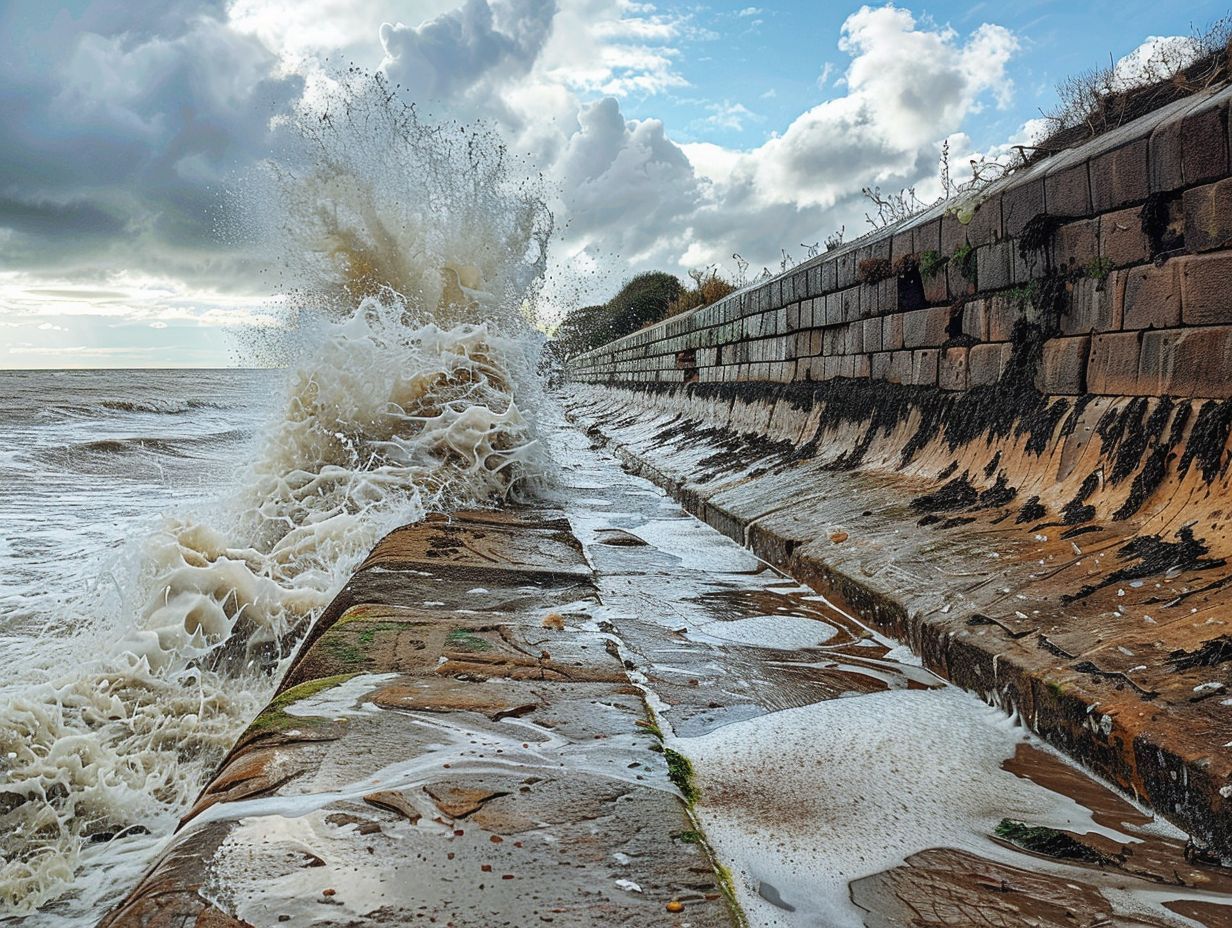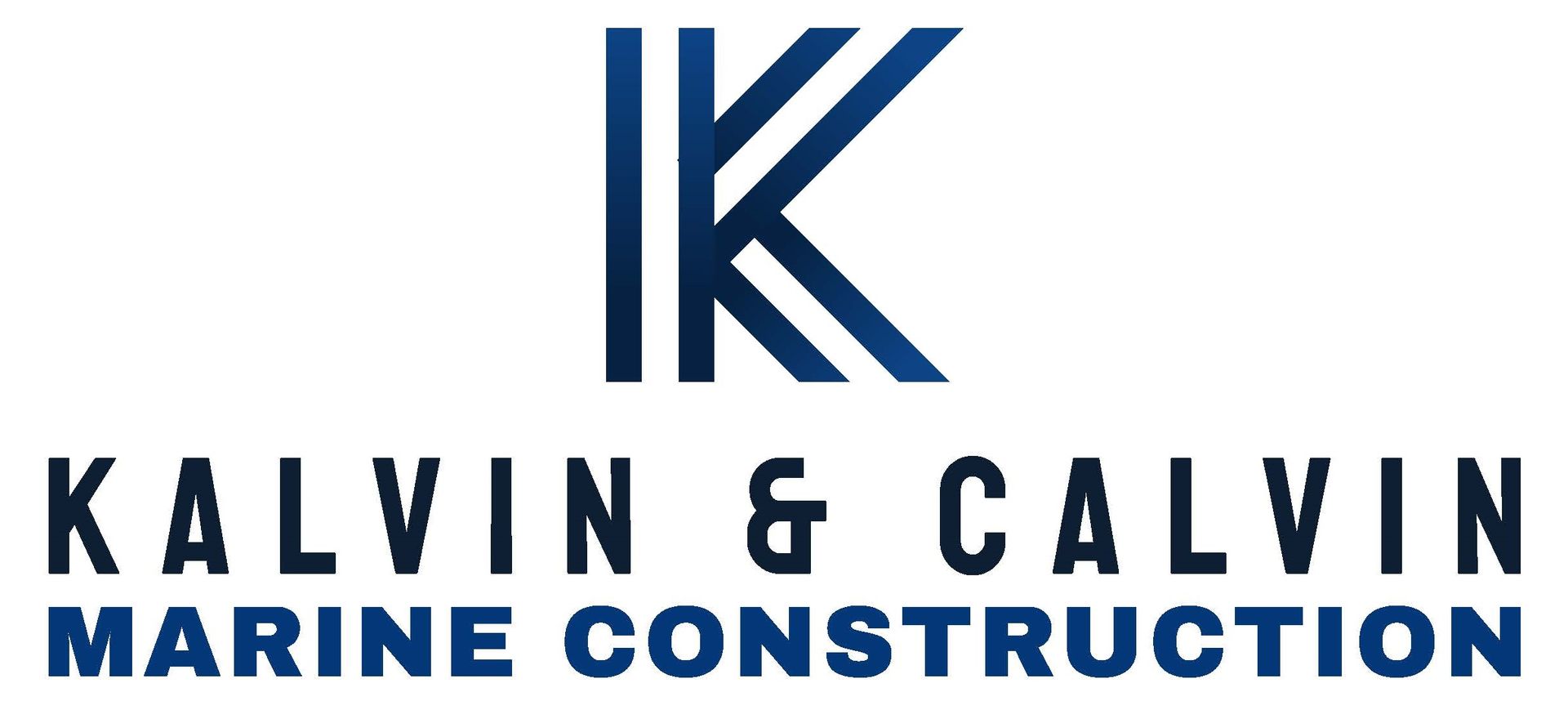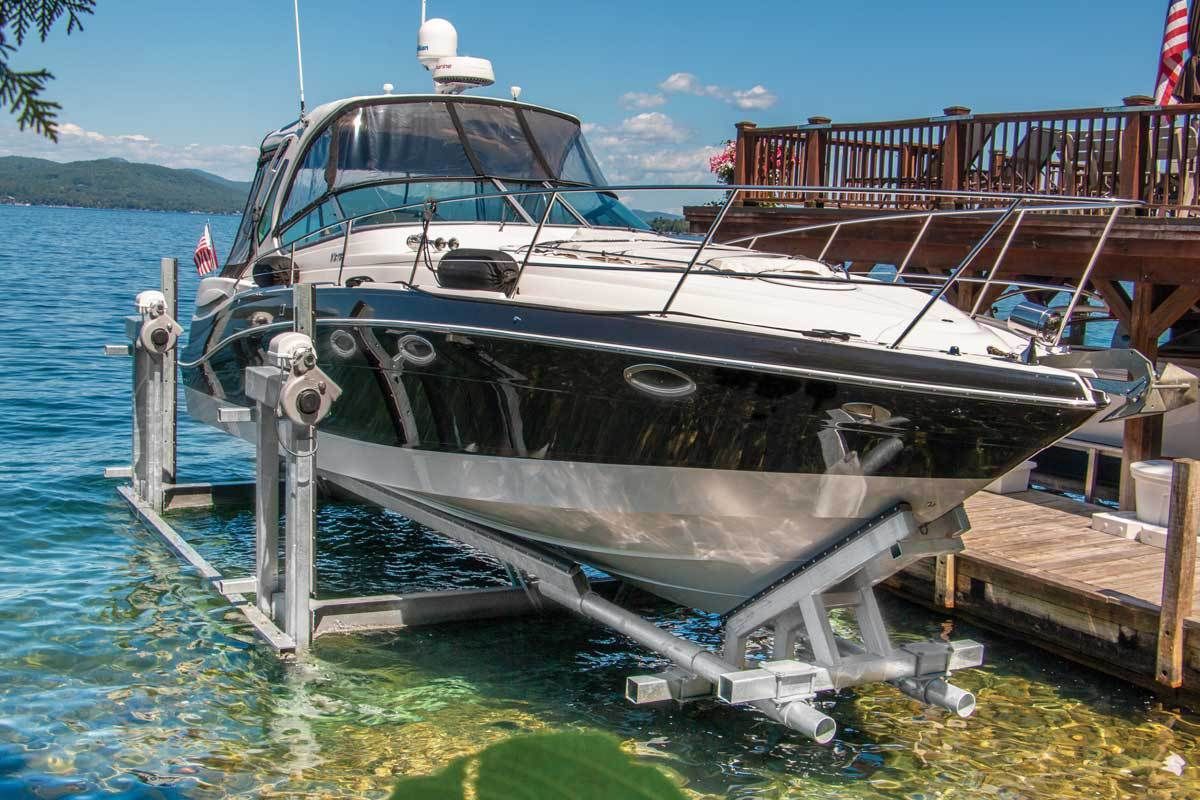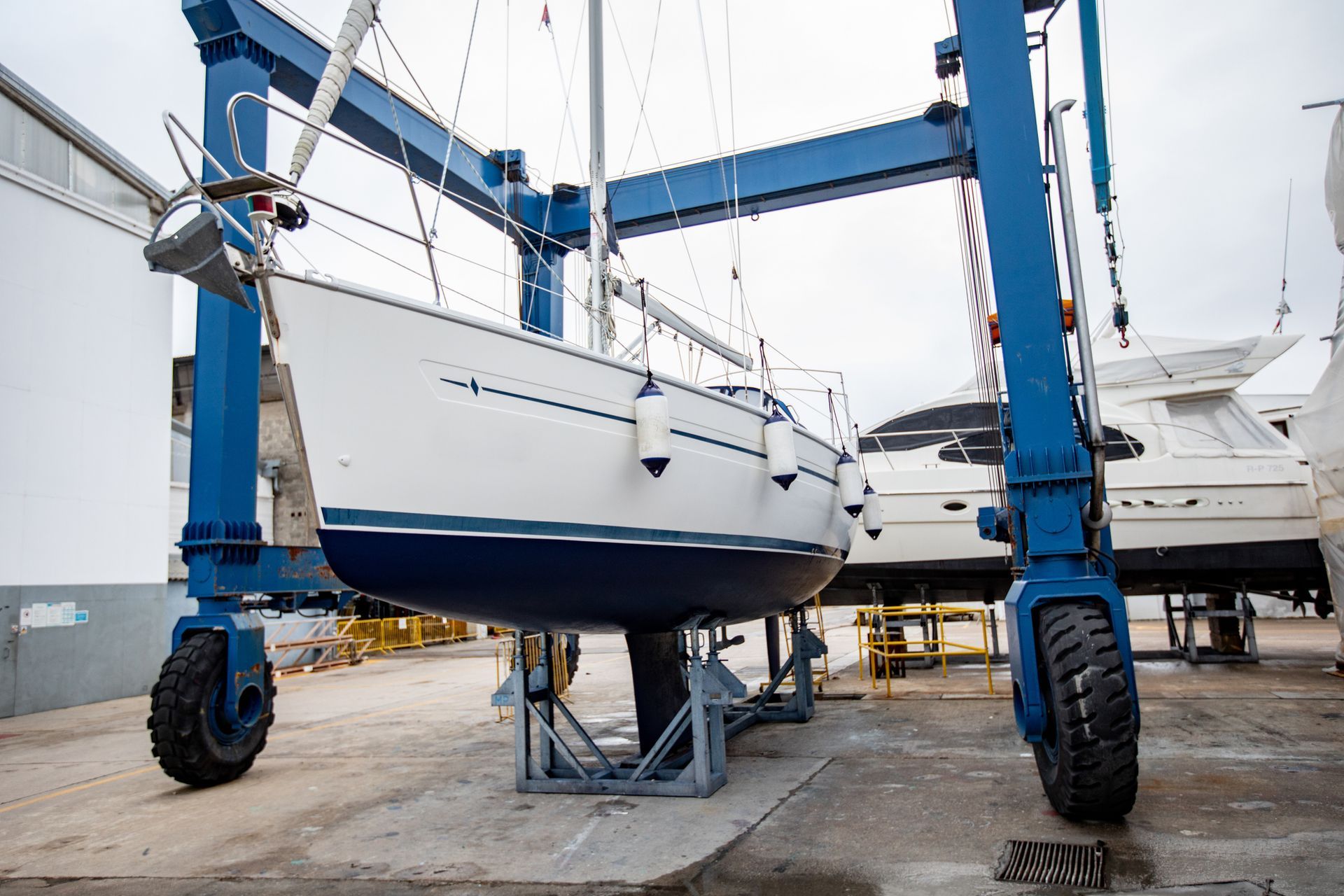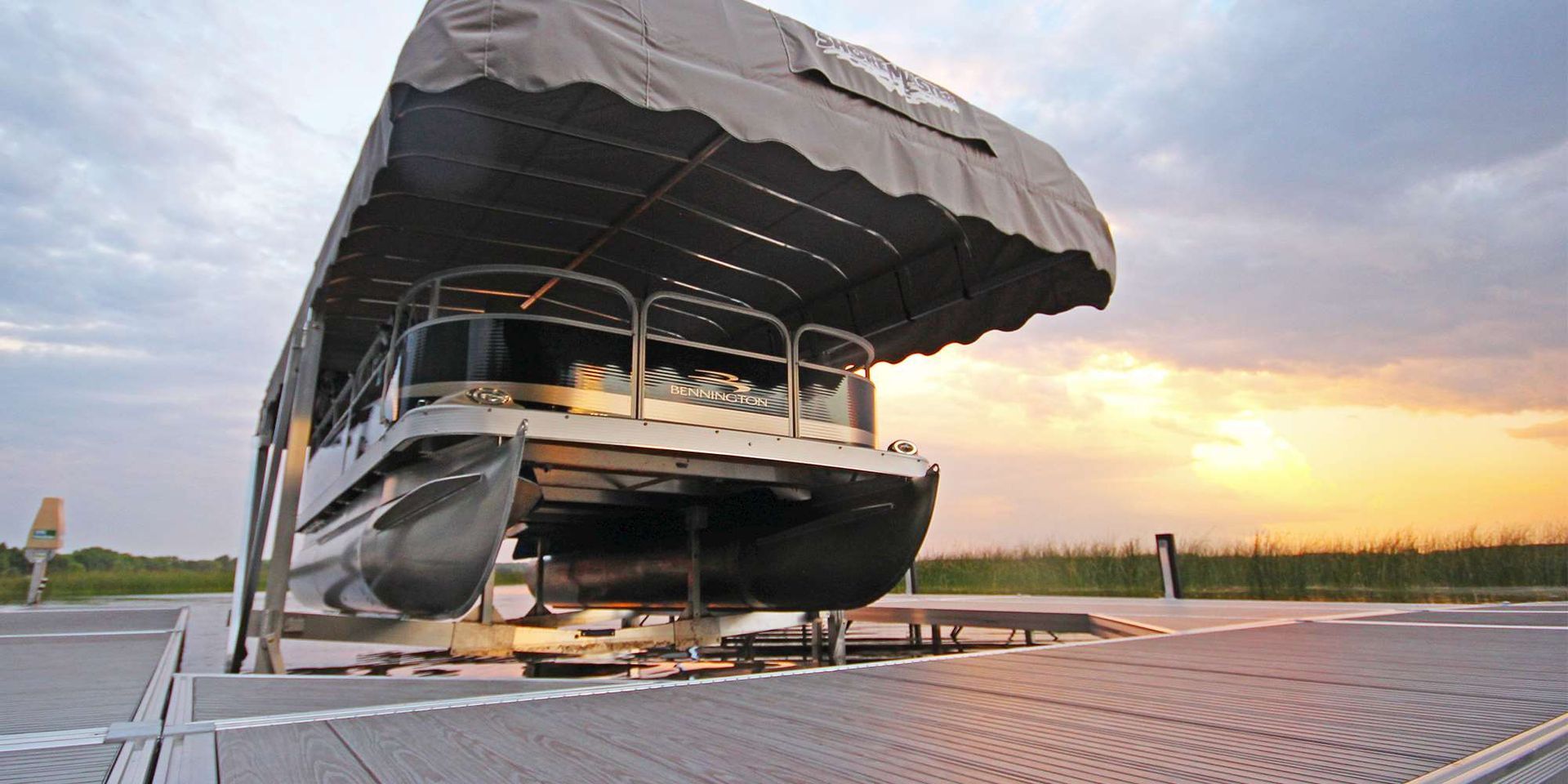Dock Electrical Safety Tips
Docks are a vital part of many waterfront properties in Naples, Florida, providing easy access to boats and a convenient place for outdoor activities. However, docks with electrical systems also pose safety risks if not properly maintained. By following proper dock electrical safety practices, you can protect your property and prevent accidents. This guide outlines essential safety tips for maintaining dock electrical systems and ensuring a safe environment for boaters and waterfront property owners.

Docks are a vital part of many waterfront properties in Naples, Florida, providing easy access to boats and a convenient place for outdoor activities. However, docks with electrical systems also pose safety risks if not properly maintained. By following proper dock electrical safety practices, you can protect your property and prevent accidents. This guide outlines essential safety tips for maintaining dock electrical systems and ensuring a safe environment for boaters and waterfront property owners.
1. Install Ground Fault Circuit Interrupters (GFCIs)
Ground Fault Circuit Interrupters (GFCIs) are crucial for dock electrical safety. These devices detect electrical imbalances and shut off power before an electric shock can occur. GFCIs are especially important in areas exposed to water, as water can increase the risk of electric shock. Ensure all outlets and circuits near the dock are equipped with GFCIs to minimize accidents.
2. Regularly Inspect Electrical Components
Routine inspection of all electrical components on your dock is key to maintaining safety. Look for signs of wear, corrosion, or damage on electrical outlets, wiring, and panels. Saltwater environments, like those in Naples, can accelerate the wear on electrical systems, so it’s crucial to inspect them more frequently than inland areas. Check for exposed wires, cracked outlets, or other visible issues that could pose hazards.
If you notice any problems, contact a qualified electrician rather than attempting repairs yourself. Even minor electrical issues can lead to dangerous situations if not addressed properly.
3. Use Marine-Grade Electrical Equipment
Dock electrical systems in coastal areas must be designed to withstand harsh conditions. Always use marine-grade electrical equipment, which is built to resist corrosion and function in wet environments. Standard residential-grade equipment is not designed to handle the unique challenges posed by docks, including exposure to saltwater and humidity.
Using the right equipment helps ensure that your dock’s electrical system remains operational and safe, even in Naples’ coastal environment.
4. Avoid Overloading Circuits
Dock electrical systems are often used to power boat lifts, lighting, and other equipment, which can strain the system. To prevent electrical overload, make sure that the circuits are not overextended. Overloaded circuits can overheat, leading to potential fire hazards. Work with a licensed electrician to ensure that your dock’s electrical system is properly configured to handle the load required by your equipment.
5. Turn Off Power When Not in Use
One simple way to enhance dock electrical safety is by turning off power to the dock when it is not in use. This reduces the risk of electrical shock or other accidents, particularly during storms or high tides when water levels may rise unexpectedly. Installing a master switch or circuit breaker specifically for the dock allows you to easily turn off power to the entire area when needed.
This step is especially important in Naples, where storms and tidal changes can quickly create dangerous conditions for dock electrical systems.
6. Be Aware of Electric Shock Drowning (ESD)
Electric Shock Drowning (ESD) is a serious risk for anyone swimming near a dock with an electrical system. ESD occurs when electrical currents leak into the water, causing paralysis or electrocution. Swimmers may be unaware of the electric current until it’s too late to react.
To minimize the risk of ESD, prohibit swimming near docks with electrical systems. Ensure that your dock is properly grounded and regularly inspected for electrical faults. Installing a shut-off switch for the dock’s electrical system can provide an additional layer of safety when swimming is planned near the area.
7. Install Proper Lighting
Dock lighting enhances visibility and safety at night, but it must be installed with care. Use marine-grade light fixtures designed for wet and corrosive environments. Ensure that all wiring for lighting is enclosed in weatherproof conduit and that any exposed parts are sealed to prevent water intrusion.
Adequate lighting also reduces the risk of accidents on the dock, but improperly installed lighting can increase the risk of electrical hazards. Hiring a licensed electrician familiar with marine environments ensures that your dock lighting is both safe and effective.
8. Hire a Licensed Electrician for Installations and Repairs
Installing or repairing dock electrical systems is not a DIY project. Hiring a licensed electrician with experience in marine environments is crucial for ensuring that all electrical work is done correctly and up to code. A qualified electrician will know the specific challenges posed by the coastal environment in Naples, including how to protect wiring and components from corrosion and water exposure.
Whether you’re installing a new system or upgrading an existing one, professional installation helps reduce the risk of accidents and ensures that the system operates efficiently.
Local Considerations in Naples, Florida
Naples’ coastal environment requires special attention to dock electrical safety. The presence of saltwater accelerates corrosion, and tidal changes increase the risk of water intrusion into electrical components. Regular maintenance and inspection are crucial to ensuring that dock electrical systems remain safe and functional. Additionally, the area’s frequent storms and lightning strikes require dock owners to be vigilant about electrical safety, particularly during storm season.
How Kalvin & Calvin Marine Construction Can Help
At Kalvin & Calvin Marine Construction, we understand the unique challenges of dock electrical systems in Naples, Florida. Our team specializes in installing, inspecting, and maintaining dock electrical systems that are built to withstand the local environment. Whether you need a new system installed or an existing one repaired, we offer reliable and professional services to ensure your dock remains safe for use. Contact us today to learn more about how we can help with your dock electrical needs.
By following these dock electrical safety tips, boat owners and waterfront property managers in Naples, Florida, can minimize the risks associated with electrical systems on docks. Regular inspections, the use of marine-grade equipment, and professional installation are key to maintaining a safe and functional dock year-round.
